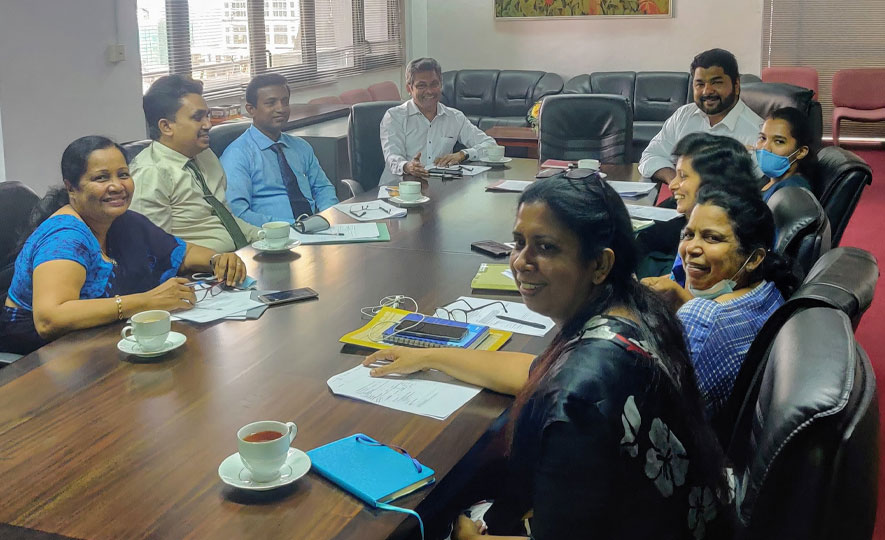Against a transformative and competitive regional backdrop, Sri Lanka aspires to become South Asia’s logistics hub. The leading impetus to this ambitious vision is Sri Lanka’s National Export Strategy (NES); and its prominence to the logistics industry. Directly employing roughly over 50,000 people industry-wide, the sector has an ambitious vision to grow from a traditional transshipment hub to a regional logistics center. Recognized as one of the fastest-growing transshipment hubs in the world, Sri Lanka offers a unique package of innovative multi-modal logistics services.
Sanctioned by the NES as a priority action item, is a dire need for accurate logistics industry data. Spearheading a project to accommodate this national demand is the Department of Census and Statistics (DCS) and The Export Development Board (EDB); along with technical input from the EDB’s Advisory Committee on Logistics. Collaboratively, the stakeholders will front an activity to establish a special data unit at the DCS to gather and analyze logistics sector data, with the prospect of determining the economic contribution of logistics to Sri Lanka’s economy. Contemporary industry data can also raise the possibility of positively influencing the Logistics Performance Index (LPI). The LPI is a tool widely used in global logistics research for country benchmarking, comparison, and as a mechanism for analyzing intra-country logistics performance. Sri Lanka currently ranks at 94, among 160 nations.
In a highly competitive industry, logistics market giants confront stiff competition on pricing and speed. As such, industry leads traditionally guard their fleet data from the prying eyes of competitors. Given this backdrop of data sharing insecurity, a state-led national initiative, spearheaded by the DCS and EDB is bridging a gap to foster a collaborative atmosphere of transparent data sharing; between the industry and government institutes. The value addition of this project will undoubtedly spill over to the private sector. When the macroeconomic broad strokes are canvassed, service providers will be capacitated to pursue more data-driven decisions.
The proposed data unit – endorsed by the NES Logistics Sector Strategy - is steered with technical guidance from the EDB’s Advisory Committee on Logistics. Members of the Advisory Committee recently met with senior officials and statisticians from the DCS to provide technical insight on finetuning the data collection methodology. Given its institutional forte in managing socio-economic data, the DCS will produce a range of logistics industry-related economic indicators; i.e. the logistics contribution to GDP. Collaboratively the stakeholders have agreed on a range of the deep-dive data parameters, which include (but not limited to) services such as warehousing, clearing, freight forwarding, air cargo, 3PL, port operators, and terminal operators. Preliminary discussions have also been ongoing to assess the possibility of leveraging the data management skills of the University of Moratuwa, Department of Transport and Logistics Management to produce actionable insights from raw data. On finalizing the data parameters, the DCS will reach out to logistics service providers and industry associations to facilitate the data collection exercise.
